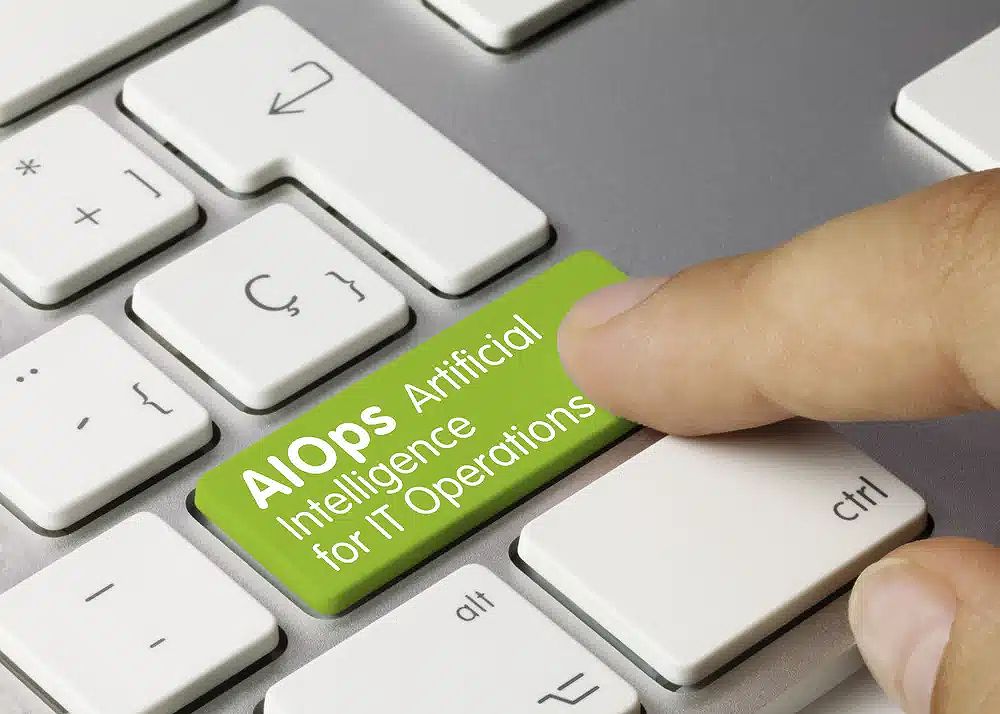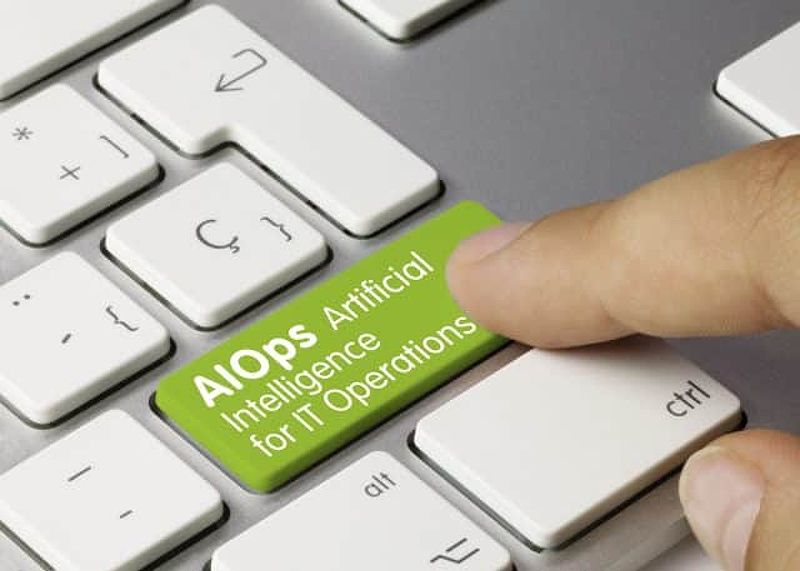A recent study reveals that traditional AIOps models provide limited value for technology leaders in managing data overload, hindering their ability to handle the increasing complexity of their technology stack. The study highlights the challenges faced by organizations in delivering exceptional customer experiences, protecting applications in multi-cloud environments, and managing the overwhelming amount of data generated by cloud-native technology stacks.
Challenges Faced by Technology Leaders in Managing Data Overload
A recent study conducted by Dynatrace has revealed the challenges faced by technology leaders in managing data overload. The survey, which involved 1,300 CIOs and technology leaders in large organizations, found that traditional AIOps models provided limited value, leaving their teams unable to effectively handle the increasing complexity of their technology stack.
According to the study, 88 percent of organizations reported that the complexity of their technology stack had increased in the past year, with 51 percent anticipating further increases in the future. This growing complexity has made it more difficult for organizations to deliver exceptional customer experiences, as highlighted by 87 percent of technology leaders. Additionally, 84 percent of respondents noted that multi-cloud complexity has made it harder to protect applications, while 86 percent expressed concern about the overwhelming amount of data generated by cloud-native technology stacks.
Impact of Complexity on Customer Experience and Application Security
The increasing complexity of technology stacks has had a significant impact on customer experience and application security. Organizations are utilizing an average of 10 different monitoring and observability tools to manage their applications, infrastructure, and user experience. However, 85 percent of respondents acknowledged that the use of multiple tools and platforms only adds to the complexity of managing a multi-cloud environment.
Technology leaders have expressed concerns about the negative effects of this complexity. 87 percent of respondents highlighted the difficulty in delivering exceptional customer experiences, while 84 percent noted the challenges in protecting applications due to multi-cloud complexity. Furthermore, 86 percent expressed worry about the overwhelming amount of data generated by cloud-native technology stacks.
The Need for Advanced AI-Driven Solutions
The study conducted by Dynatrace emphasizes the limitations of traditional AIOps models and highlights the need for advanced AI-driven solutions. According to the survey, 81 percent of respondents believed that manual approaches to log management and analytics were inadequate in keeping up with the rapid pace of change in their technology stack and the volume of data it generates. Additionally, 81 percent expressed concerns that the time spent maintaining monitoring tools and preparing data for analysis detracted from their ability to focus on innovation.
To overcome these challenges, technology leaders need to leverage advanced AI, analytics, and automation capabilities. By adopting hypermodal AI, which combines various techniques including causal, predictive, and generative AI, organizations can unify diverse data, retain its context, and power analytics and automation. This enables teams to gain valuable insights from their data, enabling smarter decision-making, intelligent automation, and more efficient ways of working.
Unlocking the Full Potential of Data for Better Business Outcomes
The study conducted by Dynatrace provides valuable insights into the challenges faced by technology leaders in managing data overload. It highlights the limitations of traditional AIOps models and emphasizes the need for advanced AI-driven solutions to tackle the complexity of modern technology stacks. By adopting these technologies, organizations can unlock the full potential of their data and drive better business outcomes.
With the increasing complexity of technology stacks, organizations must prioritize the adoption of advanced AI-driven solutions to effectively manage data overload. By doing so, they can overcome the challenges in delivering exceptional customer experiences, protecting applications in multi-cloud environments, and managing the overwhelming amount of data generated by cloud-native technology stacks. This will ultimately lead to improved business outcomes and drive innovation in the ever-evolving technology landscape.


